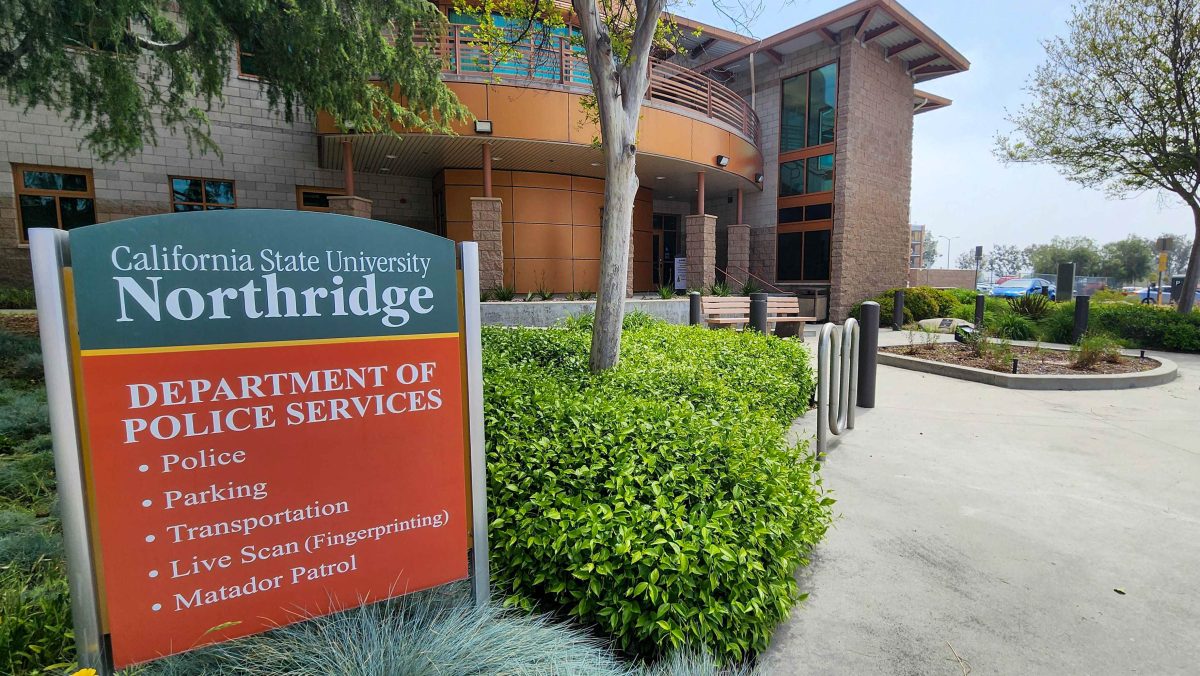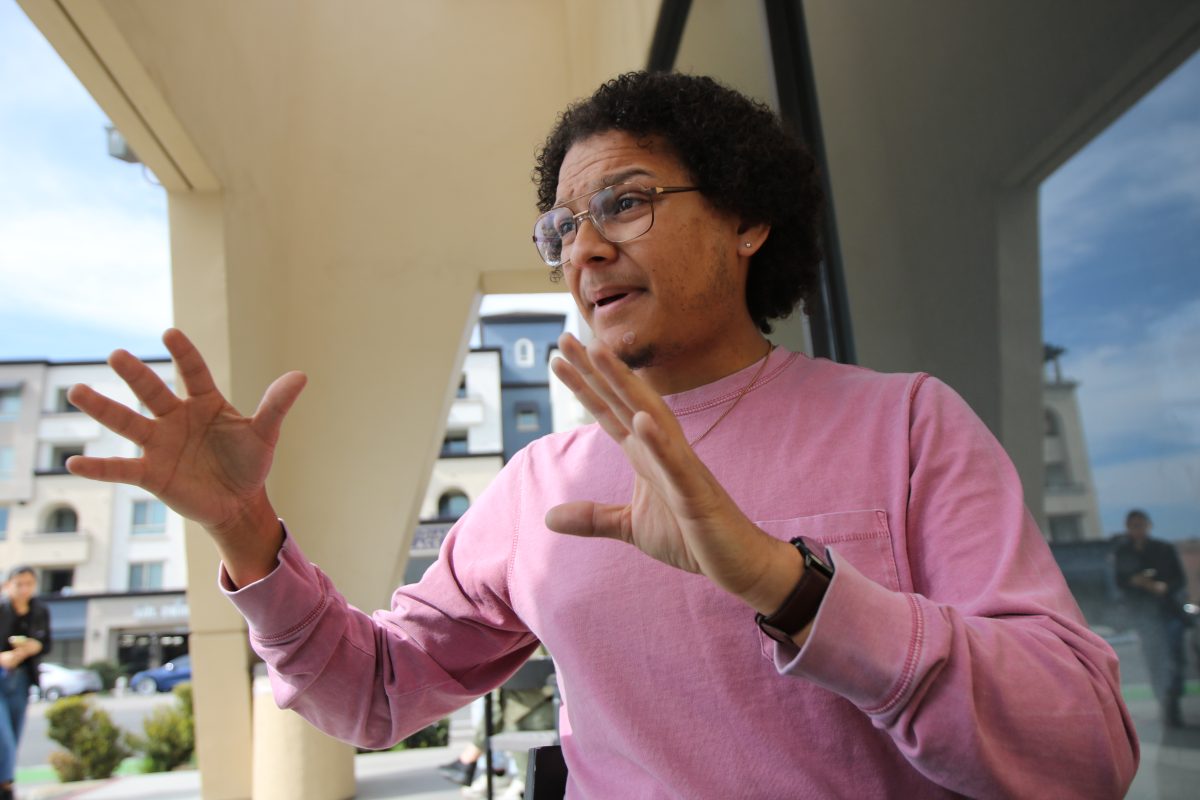Students can learn different ways to think green in their daily lives if they were to minor in sustainability.
The minor at CSUN can help students learn about their ecological footprint and the limited resources available in the world.
“The earth is important and we need to try and conserve it and be more efficient so that we can have more generations of people,” said Kami Aikens, 22, junior biology major.
Sustainability means to meet the needs of current generations without hindering future generations’ basic needs, according to the Institute for Sustainability.
Helen Cox, director of the Institute for Sustainability, said the minor teaches students about sustainable practices that can be used in whatever field they go into.
Cox said the minor is meant to inform students with additional information they can use apart from their major.
“Students get exposed to how sustainability applies to different disciplines,” Cox said.
The minor was introduced in 2011 and is offered through the college of humanities in the liberal studies department.
In order for students to minor in sustainability they need to complete 18 units with three core courses and three qualified elective courses. Students are required to take the core courses 300, 310, and 401.
The entry level course 300 is designed to help students understand the basic concepts and multiple perspectives of sustainability.
Students who take the 310 course focus on energy, water, food waste, transportation issues and proposing alternative solutions to create a more sustainable planet, according to the Institute for Sustainability website.
The 401 course is created for students to apply the sustainable practices they have learned into a group project to address a community problem and present a solution.
The electives can range from departments such as anthropology, economics, family and consumer sciences and mechanical engineering. Students are able to select electives from different departments as long as the course somehow relates to sustainability.
There are no plans for the minor to become a major, but there might be a graduate studies program available soon for students, Cox said.
Most of the courses in the minor are open to any student who has an interest in sustainability and students can choose not to declare a minor.
Aikens said she is taking Sustainability 310 because she is interested in mycology (the study of fungi) to learn about sustainable ways to grow mushrooms and help her parents’ heating, ventilation and air conditioning (HVAC) business be more sustainable.
“I want to have a better understanding of the materials I’ll be using and the cost to me and the cost to the earth,” Aikens said.
Mechelle Best, faculty associate for the Institute for Sustainability, teaches one of the 310 courses and said in her class, and other core courses, students focus on lifestyles and individual practices as well as practices in communities and internationally.
Best said students learn what they can do in a broad basis, but also learn what they can do at an individual level.
“We are helping them to be more aware of issues pertaining to sustainability. We expect that that is something that they’ll live by and part of their living is how they behave as students on campus and how they encourage others around them to behave as well,” Best said.
Students not only gain the knowledge of how to have a sustainable lifestyle, but there are companies that offer positions such as sustainability coordinator, who tries to adapt sustainability within a company, Best said.
Best said a movement toward sustainability began during the 1960s and 1970s and has become more important because the actions of human beings have had a devastating impact in the natural resources of some areas.
Sustainability has become more popular now because there are certain issues such as global warming that are heard more often in the media and through activism as more people know about these issues, Best said.
“The impacts of some of our actions have become very evident and there are people who see the need for us to change,” Best said.





